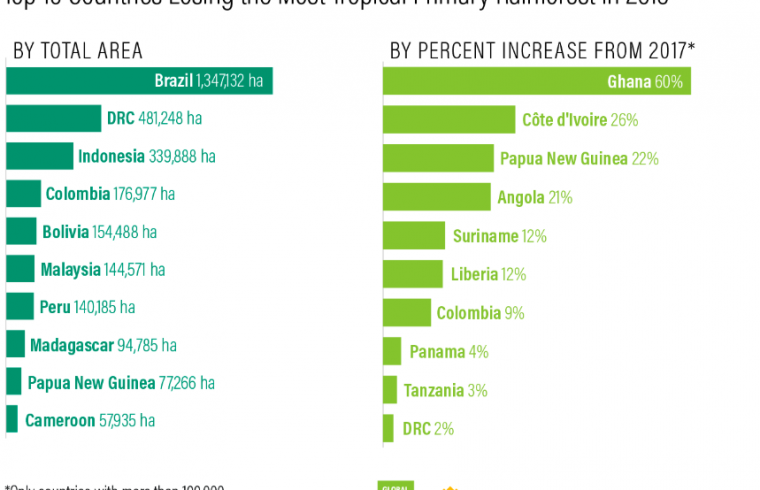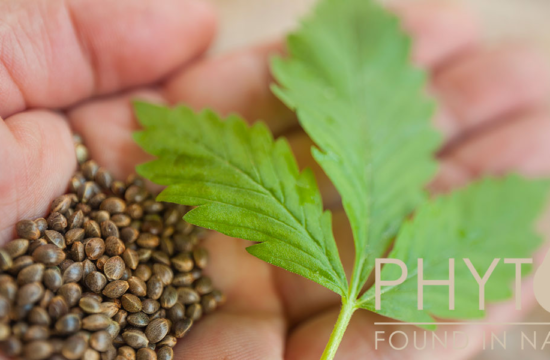Mangrove forests are important ecosystems, protecting against floods, soaking up carbon and providing a home to thousands of species. But they’re under threat around the world. And Senegal – a country in which mangrove estuaries have disappeared at an alarming rate – decided to act.
Mangrove forests only grow at tropical and subtropical latitudes and are comprised of about 80 different species of trees in all. The way they grow is distinct, too.
The trees, which prosper in areas with low-oxygen soil, have a dense tangle of roots that appear to grow out of slow-moving waters. These intertwined clusters of roots also provide a home for fish and other creatures seeking food and shelter from predators.
Found in coastal and tidal locations, mangroves absorb excess water and protect the land around them from becoming vulnerable to floods and soil erosion.
Senegal is home to around 185,000 hectares of mangrove estuaries in the Casamance and Sine Saloum regions, according to Livelihoods Funds. But since the 1970s, around 25% of the country’s mangrove forests have been lost. Droughts and deforestation have claimed a total surface area of approximately 45,000 hectares of mangroves.
But Senegal is fighting back. It has planted 79 million mangrove trees, which will help protect vital arable land, preserve aquatic habitats and absorb around 500,000 tonnes of carbon over 20 years.
Halting deforestation is essential to avoiding the worst effects of global climate change.
The destruction of forests creates almost as much greenhouse gas emissions as global road travel, and yet it continues at an alarming rate.
In 2012, we brought together more than 150 partners working in Latin America, West Africa, Central Africa and South-East Asia – to establish the Tropical Forest Alliance 2020: a global public-private partnership to facilitate investment in systemic change.
The Alliance, made up of businesses, governments, civil society, indigenous people, communities and international organizations, helps producers, traders and buyers of commodities often blamed for causing deforestation to achieve deforestation-free supply chains.
The Commodities and Forests Agenda 2020, summarizes the areas in which the most urgent action is needed to eliminate deforestation from global agricultural supply chains.
The Tropical Forest Alliance 2020 is gaining ground on tackling deforestation linked to the production of four commodities: palm oil, beef, soy, and pulp and paper.
Get in touch to join our mission to halt to deforestation.
An area of around 10,000 hectares is being replanted by the Senegalese non-governmental organization Océanium, which receives 10% of its funding from the government and the rest from private sponsors.
The project has also been heavily supported at a local level, with 100,000 people from 350 villages helping restore these important ecosystems in what Océanium has dubbed the world’s largest mangrove reforestation project.
Deforestation is a global problem, affecting ecosystems, indigenous ways of life and the climate. It has been blamed in part for the extraordinarily large sargassum algae bloom that has blighted Mexico’s Yucatan Peninsula. It has also been identified as one of the causes of catastrophic fires in the Amazon rainforest.

Some of Senegal’s near neighbours are experiencing increased rates of deforestation.
Image: World Resources Institute
The theme of Cooperation: Sustainable Development & Environmental Stewardship is being discussed at this year’s World Economic Forum on Africa, which runs from 4-6 September 2019.
Share












